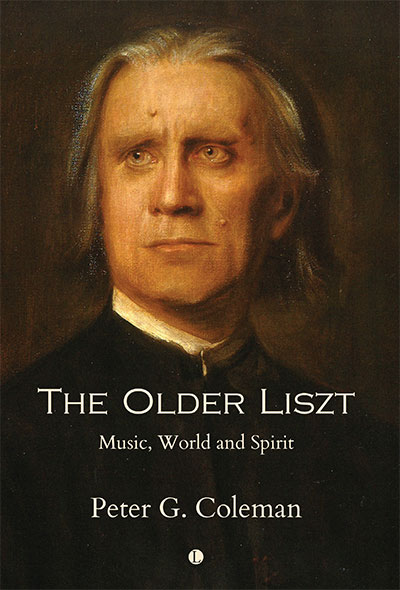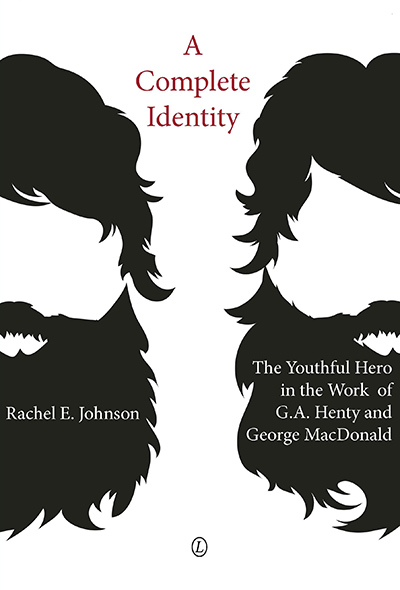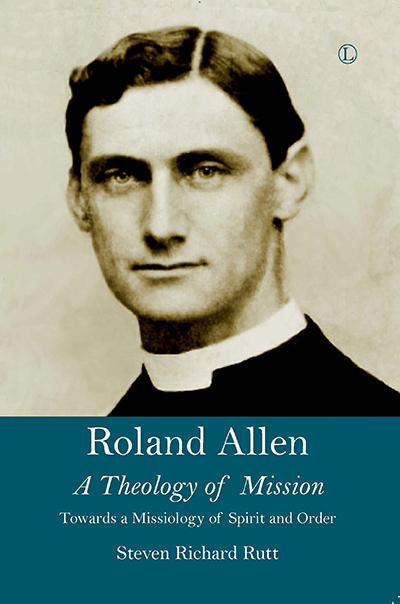Description
Franz Liszt is well known for his early years as ‘super-star’ pianist who excited audiences throughout Europe, but his later life is also of great interest. In his final 25 years he sought to achieve his life’s aims of promoting new forms of music and giving stronger witness to his Christian faith, while continuing to support his stalwart life partner Princess Carolyne. However, he was to face unexpected problems in the continued negative reception of his music and recrimination in his closest relationship.
The Older Liszt is drawing on detailed analysis of Liszt’s correspondence from his fiftieth year onwards, Peter G. Coleman approaches his later life as a case study of an older person grappling with a succession of often disturbing life experiences. These included the deaths of two of his children, political upheaval and war within Europe, and a growing realisation of his own past failings. Liszt suffered frequent bouts of depression but never ceased composing music nor steadfastly heeding Christ’s command to bear one’s cross. This sensitive treatment of an extraordinary individual will appeal to the scholar and general reader alike.
About the Author
Peter G. Coleman is a psychologist and gerontologist specialising in the interplay between ageing, spirituality and mental health. He is Emeritus Professor of Psycho-Gerontology at the University of Southampton, and is the co-author of numerous books including Belief and Ageing: Spiritual Pathways in Later Life and Self and Meaning in the Lives of Older People. Love of Liszt’s music led him to join the Liszt Society while still a teenager and he has continued to study Liszt’s life extensively.
Contents
List of Illustrations
Preface
1. Understanding Liszt through His Correspondence
2. Psychological and Spiritual Crises in Liszt’s Earlier Life
3. Liszt and His Correspondents in His Fiftieth Year (1860-61)
4. Returning to His Religious Vocation (1861-65)
5. Disappointment and Conflict (1865-71)
6. Pursuing Divergent Goals (1871-76)
7. Bearing a Heavy Burden (1876-80)
8. Through Triumph and Disaster (1881-86)
9. Seeing Liszt Whole: Music, World and Spirit
Editions of Liszt’s Correspondence Consulted
Other References Cited
Index
Endorsements and Reviews
Ferenc Liszt – a man so famous in life that only a very few people really knew him, especially a number of discerning women. His avuncular relations with and generosity to his students and disciples were legion; his family relationships were very often a catalogue of opportunities missed. His deep-rooted desire to serve his God and his Church through music and in a well-lived life was a notion too esoteric for most of his male colleagues. At 50 his life circumstances changed; his self-scrutiny in an array of later correspondence is acutely probed in this wonderfully sensitive account of Liszt’s final decades. Professor Leslie Howard, Pianist and President of The Liszt Society
The enigmatic figure of Franz Liszt continues to baffle with the apparent inconsistencies between his spiritual and secular life. Peter Coleman, internationally renowned gerontologist, provides valuable insights into the mind, heart, and soul of the ageing Liszt through a meticulous analysis of his correspondence with family, friends and lovers. Coleman’s analysis leaves us with an admiration for Liszt’s passion and redeeming devotion to his music, his spiritual vocation, and to the women in his life. Professor Paul Wink, Wellesley College, Massachusetts. Author of Prima Donna: The Psychology of Maria Callas
Franz Liszt emerges from this scholarly, elegantly written book as a nineteenth century prototype popular superstar. Although supremely talented as a composer and adored as a concert pianist, at the end of a long life he was preoccupied by perceived failures in relationships with women and having fallen below his religious values. Peter Coleman’s account of his spiritual and biographical pain is moving and carefully empathetic. The study rests on thorough research methods and its conclusions are illumined by theories of ageing, although these aspects of the work are only briefly mentioned in the text. It is Coleman’s evident love of the music and the man that shines through. Professor Malcolm Johnson, University of Bristol and University of Bath






